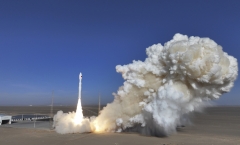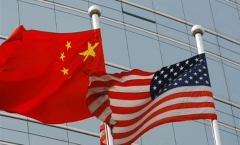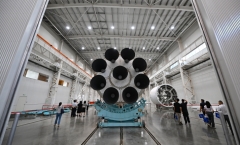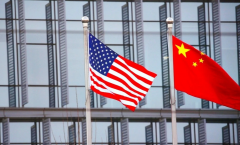How Edgar Snow’s Descendants Continue His Story in China and Foster Sino-U.S. Cultural Exchange
Politics between America and China is like the weather—it changes all the time. But the most important thing is that we’ve got to keep the people-to-people friendship going.
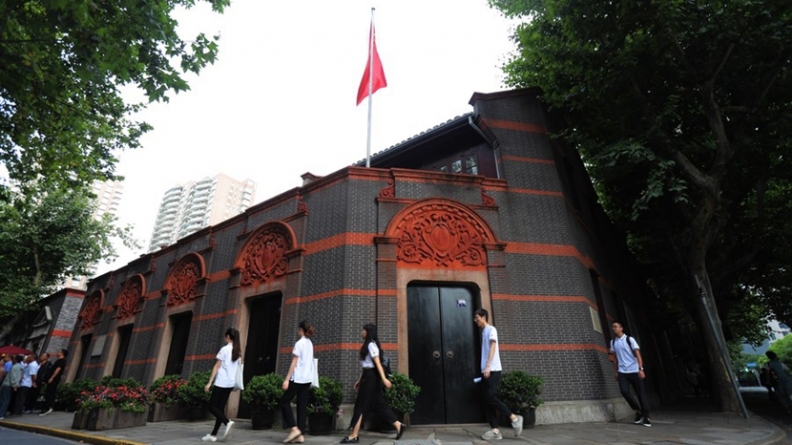
 Facebook
Facebook
 Twitter
Twitter
 Linkedin
Linkedin
 Google +
Google +




